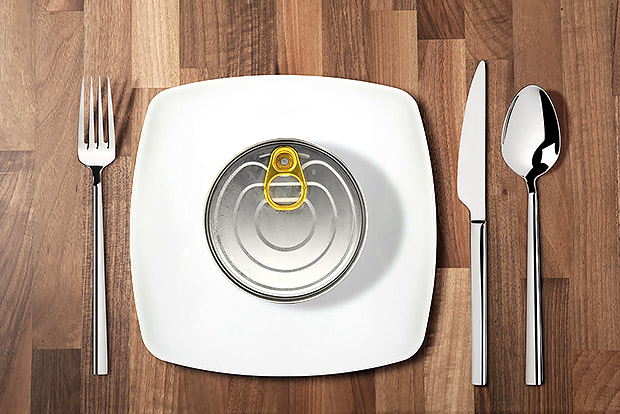
Fresh, frozen, and canned fruits and vegetables can all be healthy. Follow these tips for choosing the most nutritious options.
Fresh Picked
Fresh fruits and vegetables are often considered the gold standard when it comes to healthy eating. At peak ripeness, these foods are loaded with disease-fighting antioxidants and fiber. But many vitamins are unstable during temperature changes, exposure to light, and long storage. This means the fresh foods in the produce section of your supermarket may not always be the most nutritious choice.
- Foods ripened on the vine contain more nutrients than those picked early and ripened through commercial processes. If you are selecting in-season produce that was grown close by, then you are likely getting the healthiest produce possible. If it was picked weeks ago and has spent days in the cooler, some of the valuable nutrients have been lost.
- The longer you store fruits and vegetables, the more the nutrients decrease. Even if you pick produce from your own garden, eat it within a day or two of harvesting it to avoid nutrient losses.
Frozen Foods
Research shows frozen foods can be as (or more) nutritious as fresh fruits and vegetables. Before freezing, many of these foods are picked at their peak ripeness improving nutrient content. Some frozen foods are slightly cooked or blanched before freezing and this can decrease nutrients, but the process is often quick, reducing significant losses.
- Choose frozen foods without added salt and sauces to reduce excess sodium and calories.
- Research shows that some nutrients decrease during the slow thawing process so transfer the food straight to the cooking pot or microwave while still frozen.
- Many frozen fruits contain sugar so check labels carefully and select unsweetened versions.
Canned Goods
Canned fruits and vegetables can be a healthy choice, but cooking and processing times play a role in nutrient content. While this can’t be controlled by the consumer there are a few things you can do to get the most nutrition from canned foods.
- Most canned foods contain extra sodium so it is important to select those with labels stating “low sodium” or “no salt added”.
- One study showed that rinsing canned foods before cooking can decrease sodium levels by 23 to 45%. The downside is that other minerals often leach into the liquid so you are washing those away too.
- Canned fruits may have added sugar. Select those labeled “in own juices” or “unsweetened”, and avoid “in syrup”.
What’s the best?
Despite our desire to know which is the best choice, research shows that nutrients vary in all sources of fruits and vegetables. Some vitamins and minerals are higher in fresh-picked produce while others are better maintained in frozen and canned foods. To complicate things further, it can vary across brands for the same fruit or vegetable. The soil used for growing, how it is harvested, and the exact methods for processing vary so widely that when you compare apples to apples, there is not always a consistent answer for which is healthiest. This is why many experts recommend incorporating a variety of fruits and vegetables (fresh, frozen, and canned) into your eating plan.



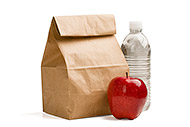 3 Healthy Lunches for Your Work Week
3 Healthy Lunches for Your Work Week
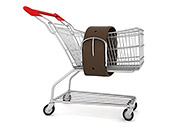 5 Tips for Stretching Your Budget for Healthy Food
5 Tips for Stretching Your Budget for Healthy Food
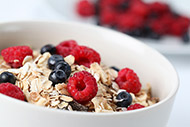 Best Ways to Reduce Added Sugar
Best Ways to Reduce Added Sugar
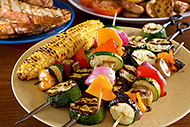 Healthy Tips to Lighten Up Picnic Foods
Healthy Tips to Lighten Up Picnic Foods
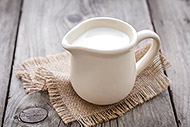 Do You Need to Drink Milk?
Do You Need to Drink Milk?
 Tips to Keep Track of Water Intake
Tips to Keep Track of Water Intake
 What Is a Paleo Diet?
What Is a Paleo Diet?
 Eating to Build Muscle
Eating to Build Muscle

 Pinterest
Pinterest RSS Feed
RSS Feed